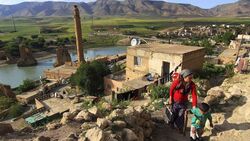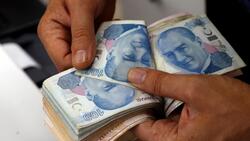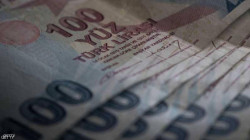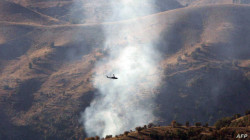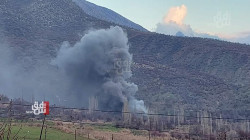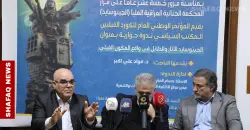Turkish Defense Minister meets Iraqi PM, President for security talks
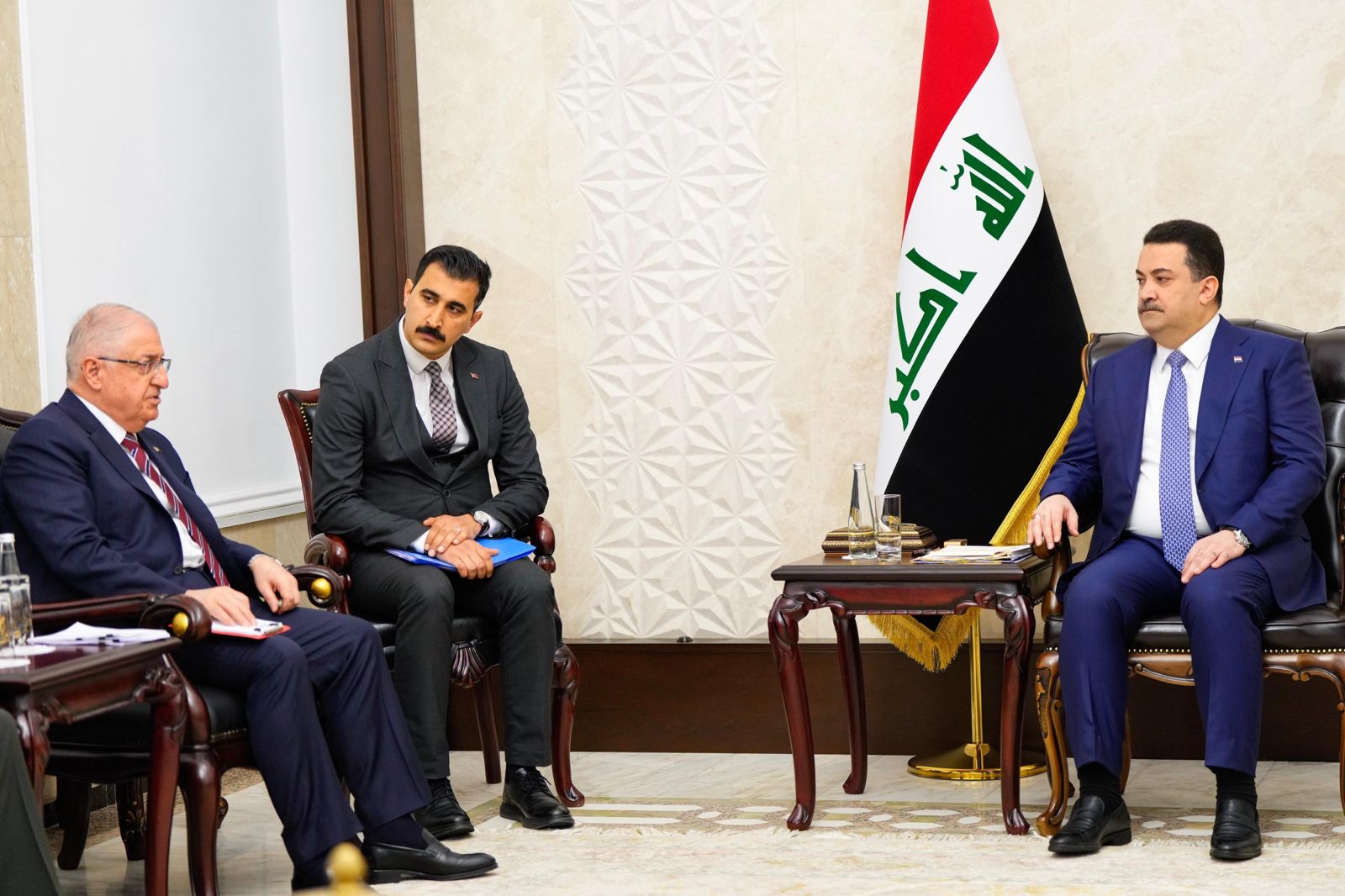
Shafaq News/ Iraq's Prime Minister Mohammad Shia al-Sudani on Tuesday reiterated his government's rejection of violating Iraq's sovereignty and settling scores between regional or international players on its soil.
Prime Minister al-Sudani's remarks came during a meeting with a high-level Turkish security delegation headed by Defense Minister Yasar Guler and the Army's Chief-of-Staff.
The meeting, according to a readout issued by al-Sudani's bureau, touched on the bilateral ties and prospects of security cooperation between the two neighboring countries.
Al-Sudani said that the security situation in Iraq and Turkey is intertwined and called for expanding and intensifying the cooperation between the different security bodies in a bid to facilitate the establishment of development initiatives like the Development Road project.
The prime minister said that the situation in Syria has a direct impact on the national security of both Ankara and Baghdad.
The Turkish diplomat conveyed President Recep Tayyip Erdogan's greetings to Prime Minister al-Sudani, the readout said, and laid emphasis on his country's interest in developing mutual intelligence and Counter-Terrorism efforts.
The two statespersons exchanged views on the situation of the besieged Gaza Strip and urged the international community and global powers to address the plight of the Palestinian people who have been under heavy Israeli bombardment since October 7, 2023.
The Turkish delegation also met with Iraqi President Abdullatif Rashid for talks on water and border disputes, the latter's office said.
The president defended Iraq's sovereignty and called for halting the violations of Its territories. He said the disputes between Ankara and Baghdad should be resolved via specialized committees and dialogue between the governments.
The president said that Turkey's decision to suspend flights to Iraq's Sulaymaniyah airport affects the economic interests of both countries and the progress of mutual energy and commercial projects.
Last week, Turkey's military said it had "neutralized" 63 fighters affiliated with the anti-Ankara Kurdistan's Workers Party (PKK) in a series of operations inside and outside the country.
Turkey typically uses the term "neutralized" to mean killed, injured, or apprehended.
The ministry vowed in an official statement that the country would not cease its military activity against the PKK until purging the entire region.
Last December, the defense ministry said that 12 Turkish soldiers had been killed in the past two days in clashes with PKK militants in northern Iraq.
Later, the Turkish Air Force conducted air strikes in northern Iraq and Syria and destroyed 29 targets of the outlawed PKK.
The Turkish Armed Forces have been conducting cross-border military operations against the Kurdistan Workers' Party in Northern Iraq since the 1980s.
In July 2015, a two-and-a-half year-long ceasefire broke down, and the conflict between Ankara and militants of the PKK – recognized as a terrorist organization by Turkey, the U.S., and the European Union – entered one of its deadliest chapters in nearly four decades.
Since that date, the conflict has progressed through several phases. Between roughly 2015-2017 the violence devastated communities in some urban centers of Turkey's majority-Kurdish southeast and – at times – struck into the heart of the country's largest metropolitan centers. From 2017 onward, the fighting moved into rural areas of Turkey's southeast.
As the Turkish military pushed more militants out of Turkey, by 2019 the conflict's concentration shifted to northern Iraq and northern Syria.
